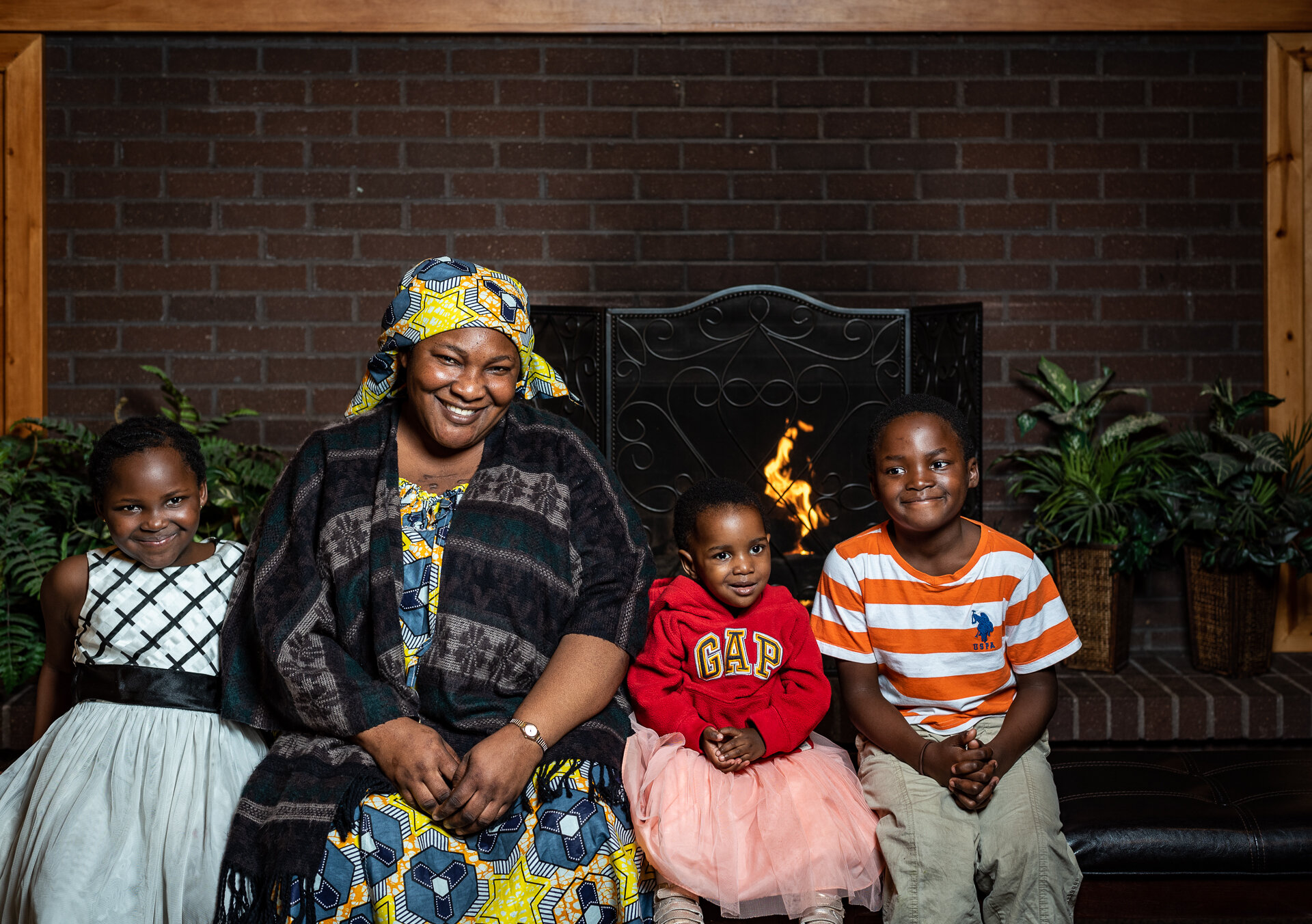Seeking Peace Among Muslim Refugees: Three Lessons Learned
World Refugee Day was June 20th, and in honor of that day and all the refugees among us, we'd like to share this blog from Josh Prather, one of our PCI staff who has been working with refugees in Phoenix for several years and has learned a great deal along the way.
After working among refugees in Phoenix for three years, I have come to a few conclusions. Most of these conclusions came through experience, so don’t let my words below deter you from loving your refugee neighbor. Walking alongside Muslim refugee communities has been a beautiful mess, and we must work to bring harmony to all areas of brokenness.
1. Redefine Poverty
Most Americans believe they can alleviate material poverty by providing the poor with material gifts. Our consumerism has been carried into our cross-cultural work. Therefore, we must redefine poverty for ourselves and others before we build peace with refugees who are often struggling financially.
Poverty must be defined as brokenness in relationship with God, with self, with others, and with the rest of creation. Multi-Dimensional Reconciliation seeks to restore all these areas of brokenness.
ESL volunteer teachers would often come to me and say, “We feel so sorry for the poor refugees.” This way of thinking only builds upon an already existent god complex within the American volunteers and an already existent inferiority complex within Muslim refugees. Poverty must be reframed. Everyone is equally broken – volunteer and refugee. We are all in equal need of Jesus.
2. Don’t Do For Them, Do With Them
Make all your leadership decisions in partnership with community leaders, and force yourself not to be the “lead person” in this partnership.
This can be a grueling process because it takes time. If you are born and raised in the U.S., you often don’t understand what it means to be patient in your work. We have been trained by culture to expect immediate, tangible results.
I and a group of volunteers taught English for a Somali Bantu Community here in Phoenix. In many ways, God blessed this Community Center, and in time we had 20 volunteers serving 75 Muslim Refugees. However, these tangible, measurable results were gained because the Americans led. Now there are no English classes, and we no longer have a close relationship with this community. We never ended on bad terms, but I wonder how things would be if we had focused on friendship more than results.
3. Focus on Creation, Not The Fall
I remember sitting down with Somali refugee leaders and asking, “What are your needs, and how can we bless you?” Not a terrible question, but not what we desired to communicate. I believe they interpreted this question as, “Something is wrong with you, we can fix you, we are here to save you, and blessings come from us.” These questions and assumptions focus on The Fall in Genesis 3. I should have focused on Genesis 1 and 2.
I should have asked, “Could I hear your story?” or “I would love to hear what gifts and talents your community has.” This restores their self-dignity and recognizes that God has blessed this community with talents and skills that can move them out of their current situation. A general rule to follow is, “Do not do things for people that they can do for themselves.” We are seeking peace on all levels. We walk with communities to show them their good gifts given by God and their ability to glorify God through their work.
Conclusion
Work with Muslim refugees to bring harmony to all areas of brokenness.
I once asked David Shenk, author and peacemaker among Muslims, to list three things I could never forget when working cross-culturally. David said, “Learn to always find the humor in things, never take yourself too seriously, and daily gaze upon the face of Jesus.”
Shenk’s words have more meaning now than ever before. You must know you are going to make cultural mistakes and find the humor in them, and you must realize that Jesus is the fuel for your work as a peacemaker.










